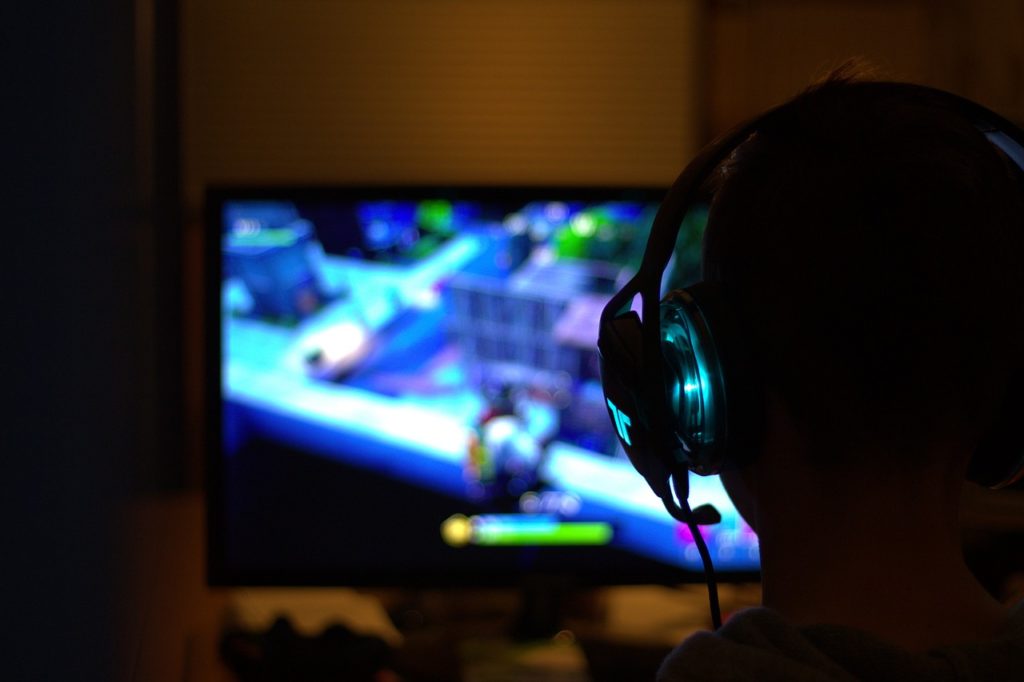In simulation games like The Sims, anything is possible. People have found themselves playing it for hours on end. For someone who is watching them play without context, it might seem outrageous and weird that they glean so much enjoyment from controlling a virtual person’s life. While simulation games are often antagonized, it’s refreshing to have a form of escapism every once in a while.
“Opulence! You own everything!”
This line from the drag community resonates with living through The Sims. Let’s face it: it’s easier to earn money in The Sims than in real life. Therefore, embrace opulence. Be the Jeffree Star of your Sims town. Buy the biggest mansion, and install the largest pool. You’re even free to build the glasshouse of your dreams. Don’t worry about mortgage rates and loans. There are no limits to the dreams that you can turn into reality on this simulation game.
Have the job of your dreams — and excel at it.
 If you want to become an astronaut or a rockstar, you can easily become one in The Sims. There are several ways to get a job in The Sims: through the newspaper, the computer, the phone, and visiting the town. The best thing is you don’t need any qualifications, so you can enter any job you want. In a matter of days, you’ll be promoted, as long as your Sim improves its skills. Excelling in your dream job may only need playing chess, reading a book, or painting.
If you want to become an astronaut or a rockstar, you can easily become one in The Sims. There are several ways to get a job in The Sims: through the newspaper, the computer, the phone, and visiting the town. The best thing is you don’t need any qualifications, so you can enter any job you want. In a matter of days, you’ll be promoted, as long as your Sim improves its skills. Excelling in your dream job may only need playing chess, reading a book, or painting.
Make the decisions you couldn’t make in real life.
Maybe you want to be sociable in real life, but you’re just too shy to go out there and meet people. Perhaps you want to throw a party every day. Maybe your crush doesn’t like you back. These can all be done by your Sim, with minimal consequences and a high probability that it will come true. There is something called “the transfer of learning,” where gamers would translate what they learned in the game to real life. Whatever consequences or rewards that come from these choices, they may be applied to the real world.
Why living vicariously through simulation games is addicting.
There is a psychology behind it. In real life, there are rewards and punishments, but in simulation games, the punishments do not bear that much gravity, and the rewards are so high. It is almost like the punishments do not mean anything because they have no real-life repercussions. If you fail in the game, you can easily start a new one. Whereas, the rewards are so high that a job promotion in The Sims offers $1,000 and more in bonuses.
In line with this, the “self-determination” theory cites that humans love activities that give “autonomy, competence, and relatedness.” Simulation games give humans the freedom to choose, the capacity to improve — all while interacting with other Sims. In a way, these games provide so much room for balance with relationships, work, and the self.
A reminder:
As you dive into the fantasy of The Sims, remember to still come back to the real world. Moderate escapism can be healthy, but too much of it could be detrimental.




